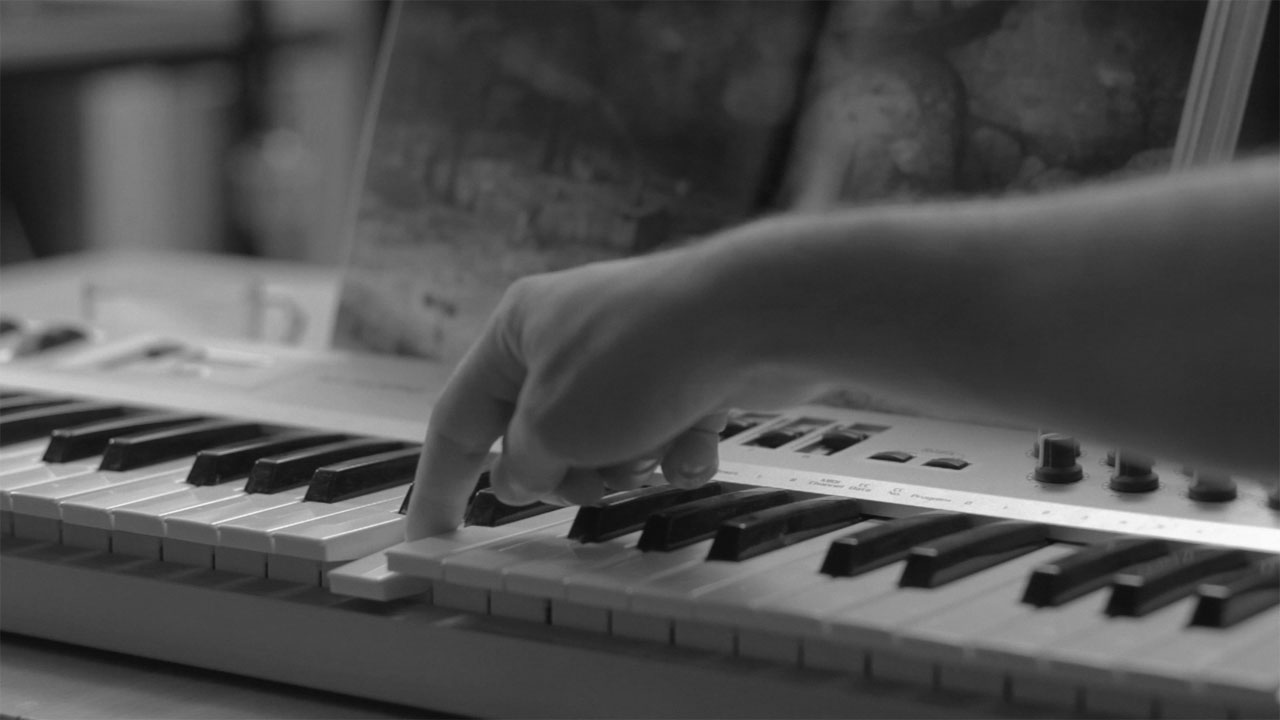Just a quick update today. The last few weeks have been very productive and all the pieces are starting to fall into place. This culminated in our first big workshop / rehearsal / gear test on Friday night.
We spent the evening completely going over one scene with sound, lighting, two cameras, and even some costumes. We covered all conceivable angles, from establishing wide shots to extreme close-ups and my next task is to play around with the footage in the edit to work out how we want to cover the scene for the real thing. Jaque and I have already spent a lot of time talking about how we want the film to look and how the film's visual development should support the thematic development. This process of mocking up scenes and then trying things out and edit is really the final stage of defining how we want to execute the film's visuals, both aesthetically and practically.
I was pretty preoccupied operating B camera on Friday night, so unfortunately I didn't get a chance to take any behind-the-scenes pictures. Here are a few stills from the footage though:
Many thanks to Nick, Spencer, Jaque, Maia, and Dan for all your hard work on a Friday night!





